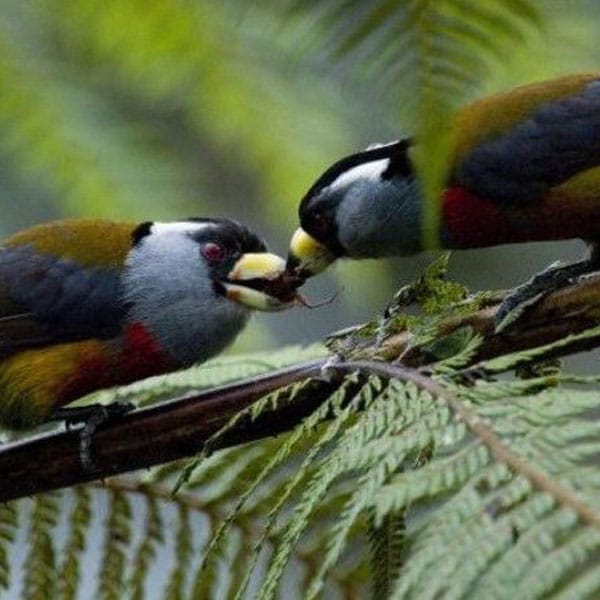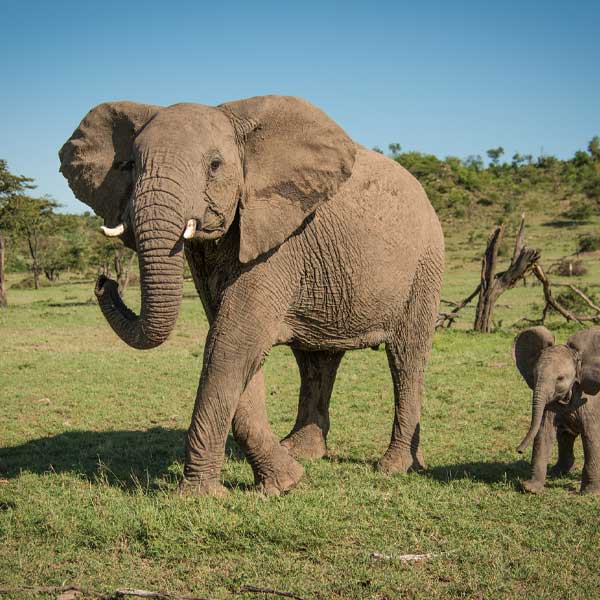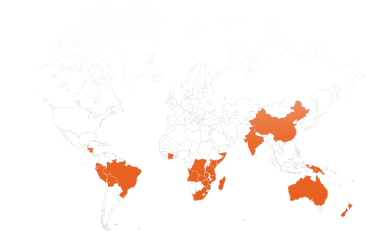Turing Scheme Wildlife Management Programme
Fully-funded programmes abroad in 2024
Welcome to Kaya’s Wildlife Management Abroad Programme – as part of the UK government’s Turing Scheme.
The programme will offer a 2 week (16-days including travel) training schedule within a choice of these two projects focusing on different aspects of Wildlife Management. This program is based on the Turing Ecology Program run successfully in 2022 & 2023, adapted with a more specific focus on wildlife management to enable more participant spaces, due to high interest in this area.
Students aged 16+ studying on further education courses will be eligible.
The programme will offer a 14-day training schedule (16 days including travel) within a choice of these three projects focusing on different aspects of Wildlife management.. Training will be delivered by professionals within these fields and utilise existing training programs that have been developed specifically for the purposes of training individuals interested in these areas.
Participants on this project will have the opportunity to further their classroom-based animal sciences education by living within a unique new environment as they learn about the theory and engage in practices within each of these niche areas.

16 spaces will be available for this location during April 2024 (exact dates to be confirmed)
(departure and return dates may vary by 4 days depending on flight schedules.)
1. Amazon Wildlife – Ecuador
This 2-week (17 days including travel) wildlife rescue program will take place in April 2024 with a group 15 students.
Students will live at a wildlife rescue sanctuary, engaging in structured training, learning about the animals of the Amazon, the challenges faced by habitat destruction and human interference, and techniques used by conservationists in the rehabilitation and release of captive animals.
Ecuadorian veterinarians, biologists, and zoologists provide instruction on animal nutrition, behaviour and monitoring techniques.
Students will apply their knowledge, developing behavioural enrichment structures, carrying out monitoring activities, and helping feed the animals.
Accommodation will be in log cabins on site.
Halfway through the programme, students move to a nearby ecological reserve where researchers train students in habitat conservation, ecology, and techniques used to monitor and gather data in conservation initiatives. Students participate in monitoring projects and apply the techniques they learn. We will be housed at the on-site lodge.

9 spaces will be available for this location, with departure dates in February, April and August 2024. (Exact dates to be confirmed).
(departure and return dates may vary by 4 days depending on flight schedules.)
2. Wildlife & Ecology – Kruger
The Greater Kruger area is renowned for its wildlife reserves and the iconic Big 5 animals. It also boasts the 3rd largest canyon in the world called the Blyde River Canyon.
On this 2-week program (17 days including travel) students will learn about the issues faced in South African Wildlife reserves. Ecology has to be monitored closely to ensure the optimal environment for endangered animals. We do this by doing physical
work in the reserve and removing alien plant species to encourage natural grasses and trees to thrive and create a habitat and food for the animals.
Students will also learn about Rhino poaching, which is very relevant in our area, the current situation and solutions.
Students will be taken on an open game viewer to experience the Bush and see the animals that call it their home. When sighting priority species, students will be taught how to collect data on the animals and how
this is used in a conservation effort.
Activities will include:
- Wildlife research and conservation
- Physical conservation work in the reserve (Invasive plant removal, erosion control)
- Game drives: data collection on priority species
- Educational presentations and workshops on conservation and Ecology
- Blyde River Canyon Ecology Training
- Hike in the Magoebaskloof forests
At each location, students will be staying in group accommodation and participating in hands-on training within each working area. The aim of this programme is to provide students the opportunity to gain valuable work experience and practical skills, while learning about different cultures and environments to expand horizons and develop educated, compassionate global citizens.
All flights will depart from and return to a UK airport, and students will need to make their own arrangements for travel to and from home to the airport.
Covid Considerations
COVID vaccination and testing requirements will be dependent on each country. Face masks and social distancing could still be in place, dependent on local rules and laws. We will advise closer to departure.
Application criteria
The Turing scheme aims to offer this opportunity to a broad range of students and, while we are looking for students studying related subjects, application evaluation is not based on your grades! We are looking for enthusiastic pupils aged 16+ who have an interest in Wildlife management and related subjects. The scheme is fully funded by the UK government, so there will be no cost incurred other than a £250 confirmation fee for successful applicants.
Application process
- Click the button below to access the application form – this application formwill be the only requirement for consideration for this program
- If you are successful with your application, we strongly advise you look into visa requirements straight away.
- A board of administrators will evaluate all applications to select successful applicants on a rolling basis, so we encourage early application.
- Once successful candidates have been notified, a £250 confirmation fee will be required to confirm the placement (hardship grants will be offered to cover this cost where applicable)
- As part of this program, students will be expected to complete some pre-departure assignments, including online attendance at a pre-departure workshop.
- Flights from the UK Airport will be provided as part of the program, and students will be required to make their own way to the airport on departure, and home from the airport on our return.
If you change your mind about participating for any reason not covered by the insurance, we will do our best to identify an individual to take your place. If one is found, the non-transferable costs (such as the airline cost for changing the name of the traveller, or the new travel insurance policy) will need to be paid by you.If a replacement is not found, then the cost of the non-recoverable costs of the flights and the programme will become your responsibility and those costs will need to be paid by you, because the Turing scheme will not make payment for individuals who drop out of the programme before travelling. These costs could be £2500+ .
Please only pay the deposit if you intend to travel. Make sure that you are available for the dates of your programme and are committed to participating to avoid any extra costs.
Application deadline
For February departure, the application deadline is 31 October 2023
For April & August departure, the application deadline is 30 November 2023
